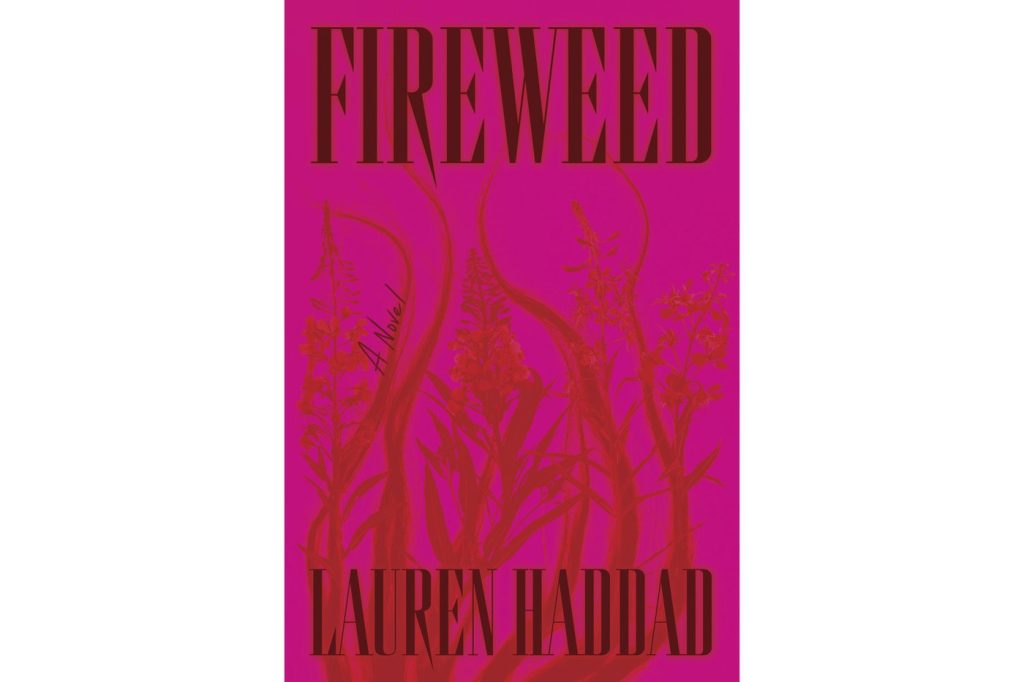“Fireweed” by Lauren Haddad is a poignant debut novel that centers around Jenny, a lonely housewife living in Prince George, Canada. Her husband works long hours at a nearby farm, leaving her to navigate the complexities of life alone. The narrative unfolds against a backdrop of societal issues, particularly as Jenny shares her environment with a widowed Indigenous mother, Rachelle, who is scorned by the community. The dichotomy between the national attention on the disappearance of an educated white woman along the highway and the indifference to Rachelle’s subsequent disappearance highlights systemic racism and misogyny.
As the story progresses, Jenny grapples with her own feelings of powerlessness and guilt. Initially, she attempts to ignore the troubling situation, but her obsession with Rachelle’s disappearance leads her to a critical self-reflection journey. Haddad’s prose is richly descriptive, creating a believable and immersive realism that draws the reader into Jenny's tumultuous emotional landscape.
The themes of poverty, misogyny, and racial prejudice are central to “Fireweed.” Haddad skillfully weaves these elements into the fabric of Jenny's life, revealing how deeply entrenched societal norms shape individual experiences. The narrative is reminiscent of works like “Maid: Hard Work, Low Pay, and a Mother's Will to Survive” by Stephanie Land and “Killers of the Flower Moon” by David Grann, as it examines self-discovery and disenfranchisement through a fictional lens.
Throughout the novel, there is a pervasive power imbalance that permeates Jenny's relationships with her husband, her mother, and her friends. Haddad poignantly highlights that, for women in this context, complacency is often portrayed as the most desirable trait. “Women were always responsible,” she writes, capturing the burdens placed upon women in society. This sense of accountability becomes a source of overwhelming powerlessness, illustrating how deeply isolation and prejudice can pervade community interactions.
Jenny equates the roles of motherhood and womanhood, struggling to find her identity in a world where she feels incomplete without children. Her relationship with her parents further complicates her understanding of self-worth. Nevertheless, she retains a nurturing disposition, yearning to care for others and connect with children, indicating an inner desire for familial ties.
Haddad artfully connects the themes of society, relationships, and nature, exploring the cycles of seasons and the paradox of beauty and danger. The line “The difference between a weed and a plant all depends on your perspective” resonates deeply, especially as Jenny uses gardening as a way to create a bond with Rachelle in a community that marginalizes her. This cultivation of understanding through nature serves as a metaphor for seeking acceptance and connection.
The narrative unfolds at a leisurely pace, allowing for exploration of its themes, although this can lead to tangential moments. The ending, while somewhat unsatisfying, feels appropriate in conveying the reality of Jenny's journey. The author includes a necessary afterword that encourages readers to reflect on Jenny's blind spots and biases, provoking thought about her growth and the larger societal issues at play.
Overall, “Fireweed” is an examination of intersectionality, emphasizing that the struggles of one disenfranchised group do not diminish the experiences of another. It underscores the importance of nuance and compassion in understanding shared human realities. Haddad leaves readers contemplating the risks of adhering to traditional societal norms, compelling them to consider the complexities of personal and collective identity.
In her concluding remarks, Haddad writes, “I’m not sure where exactly I thought my journey would take me. I’ve never come across a name for that direction. The one that drives you straight into yourself.” This encapsulates the crux of Jenny’s journey and serves as an invitation for readers to embark on their own paths of introspection.











